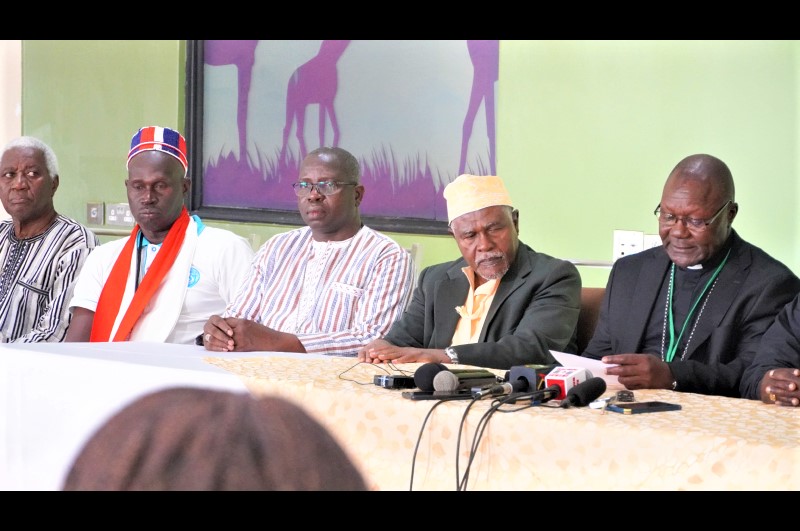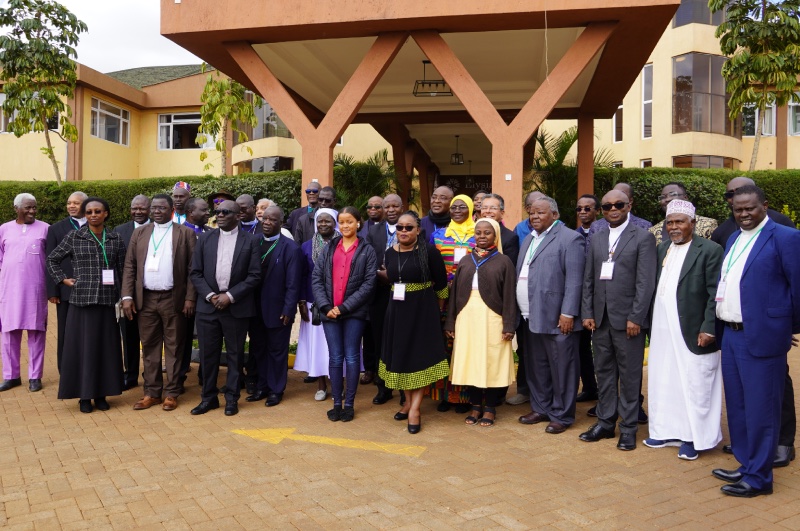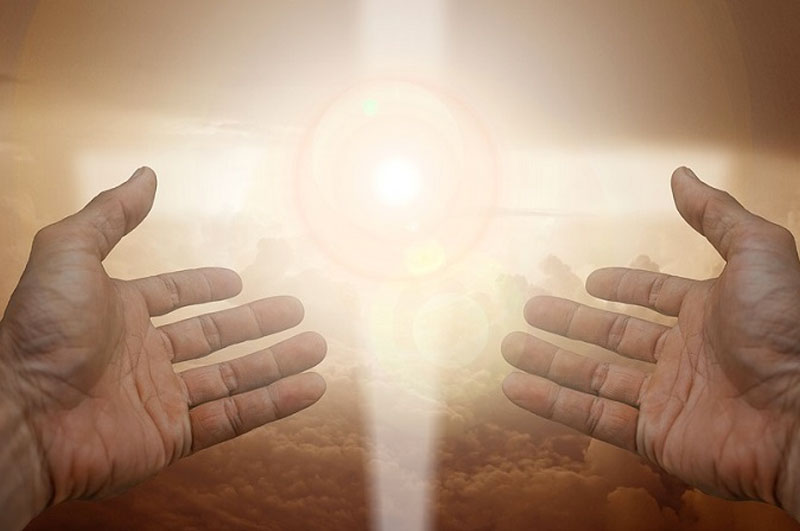

We, leaders of Catholic and other Christian Faith Denominations, Muslim and Indigenous Religions met at Elysian Resort in Nairobi on August 7-8, 2023 to discuss and propose solutions on how Africa can emerge from multiple and interlinked crises amongst others: the impacts of COVID-19 pandemic, food and nutrition insecurity, climate change, biodiversity loss, water scarcity, fragile health systems, conflicts, terrorism and debts.
These crises are a result of social justices issues at the international and domestic levels linked to: tax injustice in globalisation, trade imbalance between donor and recipient countries and gaps in management of public finance at the domestic level. As a result the situation has intensified poverty, inequality, and governance challenges in the continent and set back progress on attainment of sustainable development goals by 2030.
In the late 1990s, witnessing the indescribable suffering of people in countries under crushing debt burdens, our faith communities were among those gathered in the Jubilee movement to advocate for breaking the chains of debt in developing countries.
As we approach a new Jubilee year in 2025, that promise remains unfulfilled. We celebrated that world leaders delivered $130 billion in debt relief, which helped advance poverty reduction spending in recipient countries. But without addressing the inequities in the international financial system and domestic governance challenges in recipient countries, the crippling burden of unsustainable debts persists.
Today African countries owe collectively more than $1.1 trillion in external debt, and 25 of them are in deep debt crises. Debt financing and the inordinate interest rates incurred by the global south in servicing debt affects social sector spending to achieve the global sustainable development and climate goals. Rising interest rates in major economies and slowing growth inflate debt payments, while cost-of-living trends erode wages and incomes.
The stakes of this debt crisis are much higher than before the last Jubilee year, though. We need large investments to save the planet that sustains life in Africa and elsewhere, during a window that is rapidly closing. Since 2020, a pandemic took millions of lives around the world and in Africa. As poor countries struggled to respond to its health, economic and social effects, the extent of underinvestment in health, education, food and social protection hobbling their actions became clear. Health experts warn that this is unlikely to be the last pandemic. The conflicts in Africa and the war in Ukraine and its ripple effects introduced uncertainty in food systems, energy and other supply chains, and multilateral cooperation in general.
We are aware that in next few days and months, Heads of State and Finance Ministers will meet on several occasions. The African Climate Summit, the G20 New Delhi Summit, the UN General Assembly and the World Bank-IMF Annual Meetings (Marrakesh) are opportunities to influence these processes and take urgently needed actions that can help Africa.
Our respective Holy Scriptures emboldens us for the sake of justice (Micah 6:8; 1 Peter 3:14; Qur. 5:8; 4:135), to respectfully request the following actions:
A debt reduction process that guarantees borrowers can request and rapidly achieve reductions of debt payments to, at least, the extent needed to protect essential development and climate investments. The same process should include agreement for creditors to stop collecting payments – provide a stay - while the size of relief needs is under discussion. The Holy Books of our respective faith traditions forbid the harassment of the genuinely poor borrower (Qur. 280; Deut. 15:1). We note with concern the low utilization of the Common Framework for Debt Treatments, despite the number of countries in crisis, as a sign of its ineffectiveness.
As private creditors hold more than 45% of African debt, major financial centers that govern their contracts have a special responsibility to pass laws that bind them to share in debt relief. We support ongoing efforts to pass the New York Taxpayer and International Debt Crises Protection Act in the United States, and call for similar legislations in other countries.
Responsible lending and borrowing: Going forward, to prevent new cycles of debt, faith leaders call on countries to put in place laws, regulations and practices that enforce responsible lending and borrowing, and ensures departures from them have consequences for the public and private actors involved.
Risk Sharing: In a world where shocks are becoming the norm, debt contracts should embody a fairer understanding of how to share risks between creditor and debtor. Widening use of climate clauses is a positive, yet only first, step towards embedding risk sharing in the new realities of the global economy.
Access to consessional loan: In addition to debt relief solutions, African countries will need scaled up access to concessional and low-cost, long-term finance.
Rechanneling of Special Drawing Rights: Multilateral development banks are the institutions most capable of deploying such type of funding, but cannot currently keep up with demand. We welcome the international community’s current exploration of ways to increase their financing capacity and support combining new ways to use capital and capital increases in order to reach the desired scale. Special Drawing Rights held by wealthy countries are a cost-effective way they can contribute significantly to boosting development finance through the African Development Bank and other funding vehicles for climate, food, agriculture, infrastructure and other poverty-reducing priorities.
Management of Public finances: African governments need to take critical responsibility to eradicate theft of public funds and corruption of all types and to ensure public finances address the needs of its citizens. Increased money transfers should go hand in hand with improved policies and practices for their use. The governance dimension of all stages in the lending process is crucial. Being public institutions, the international financial institutions have members accountable to their taxpayers. They have a responsibility to secure inclusive and participatory processes at the borrower level to decide on lending priorities and monitor that funds are used for their intended purposes.
We reassert that in these momentous times, characterized by intersecting global crises and challenges, the unified voice of African faith leaders emerges with unwavering clarity and determination. Our convergence at the Elysian Resort in Nairobi is not merely a gathering but a robust testament to the cohesive strength of interfaith unity, combined wisdom, and a shared commitment to justice. Informed by our sacred scriptures and moral convictions, we resolutely address the pressing issues of debt, governance, and socio-economic disparities plaguing the African continent.
Related Articles
Select Payment Method
Pay by bank transfer
If you wish to make a donation by direct bank transfer please contact Fr Paul Hamill SJ treasurer@jesuits.africa. Fr Paul will get in touch with you about the best method of transfer for you and share account details with you. Donations can be one-off gifts or of any frequency; for example, you might wish to become a regular monthly donor of small amounts; that sort of reliable income can allow for very welcome forward planning in the development of the Society’s works in Africa and Madagascar.
Often it is easier to send a donation to an office within your own country and Fr Paul can advise on how that might be done. In some countries this kind of giving can also be recognised for tax relief and the necessary receipts will be issued.



